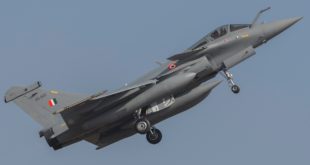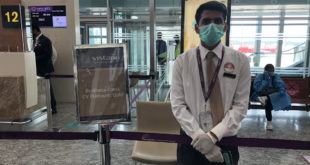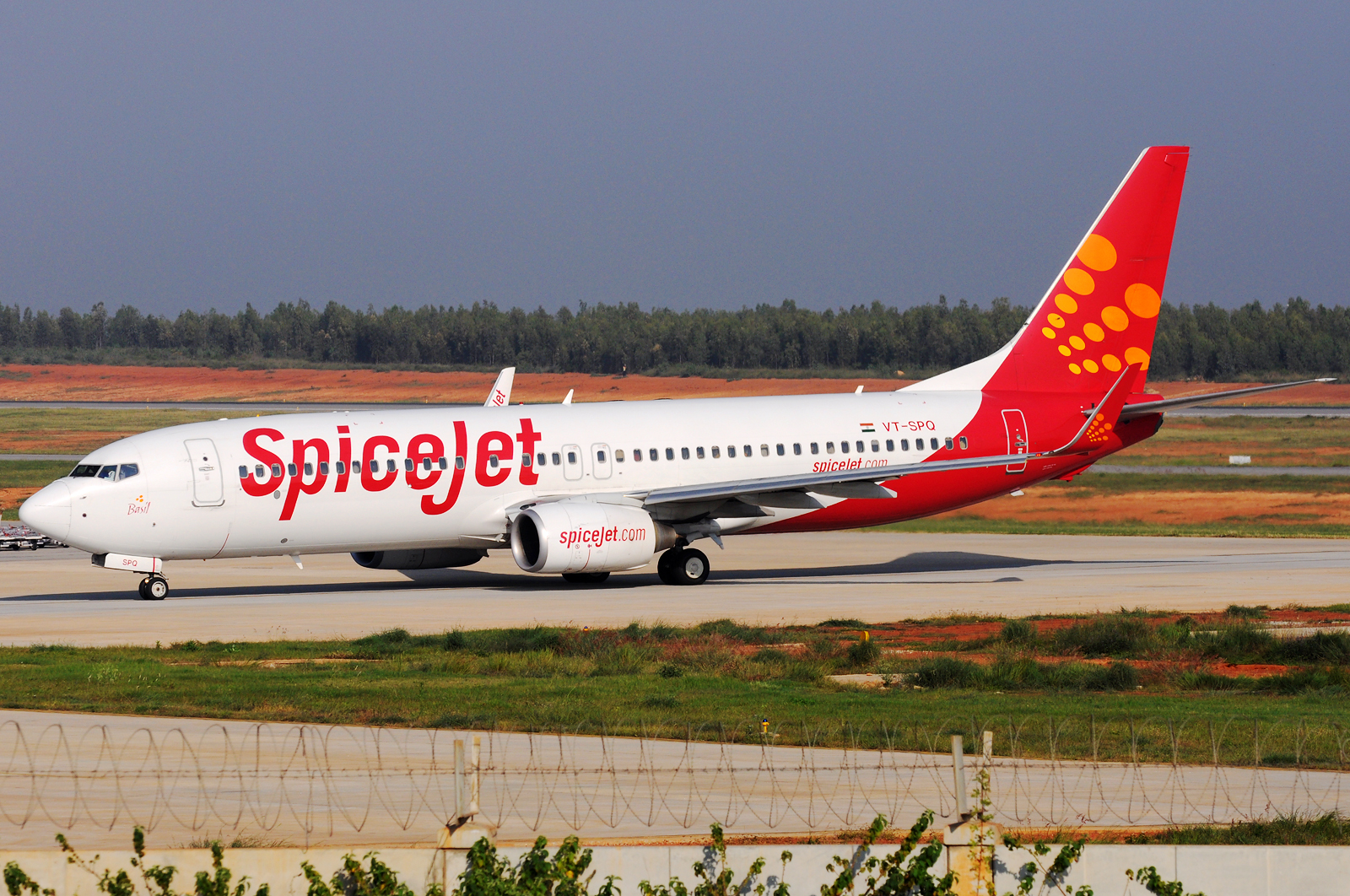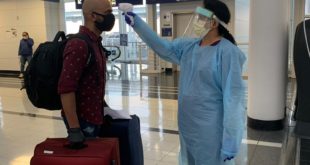After a long delay, India’s second-largest low-cost carrier reported its Q4FY20 results yesterday. Despite strong revenue growth, the airline posted a loss of ₹807 on account of increases in fuel costs, decline of the rupee and the impact of COVID-19 pandemic. The accumulated losses and increase in liabilities have deteriorated the financial health of the airline.
SpiceJet Q4FY20 results snapshot (in INR) comparisons to Q4FY19
- Revenues ₹3,053 crores (up 19%)
- Costs ₹3,864 crores (up by 53%)
- EBITDAR -₹91 crores (not comparable due to change in accounting treatment)
- Loss after tax (EAT) ₹807 crores (-1533%)
- Revenue per available seat kilometre (RASK) ₹4.00
- Cost per available seat kilometre (CASK) ₹5.05
- Capacity 7.7 billion ASKM (up 23%)
- Passenger load factor 88%
Strong revenue growth eclipsed by substantial increase in costs
For the quarter ending March 2020, the airline posted a strong revenue growth of 19% driven by a 23% increase in capacity. However, the expenses of the airline increased by 53% leading to a reported loss of ₹ 807.1 crores against a profit of Rs. 56.3 crore in Q4FY19.
The increase in expenses was primarily on higher fuel costs, which went up by 32% in total and 8% on a per ASKM basis as well as a sharp increase in foreign exchange loss caused by the decline of the rupee against the dollar. The airline also witnessed a drop in load factor to 88% from 91% which further contributed to the decline in profitability.
Recognition of expected compensation from Boeing as other income overstates profitability
SpiceJet has 13 Boeing 737 MAX aircraft in its fleet and a further 192 aircraft on order. In March 2019 the aircraft type was grounded worldwide following the second crash of the type.
Operators of the MAX aircraft all over the world have been negotiating with Boeing for compensation towards costs incurred while the aircraft remains grounded. However, SpiceJet has been recognising aircraft and supplemental lease rentals and certain other identified expenses relating to the Boeing 737 MAX aircraft as other income throughout the financial year and the total amount recognised stands at ₹672 crores as on 31MAR2020. Further, this recognition has led to an understatement of foreign exchange loss by ₹43 crores. This has attracted a qualified opinion from the auditors, who have noted that
“In our view, there is no virtual certainty to recognise such other income and related receivable, as required by paragraph 33 of Ind-AS 37, “Provisions, Contingent Liabilities and Contingent Assets”.
Had the airline not recognised the expected compensation as other income, it would have reported a significantly higher loss of ₹1649 crore.
Weakness in balance sheet highlighted by the auditors’ note of Material Uncertainty to going concern
The airline had a reported negative net worth of ₹1,580 crore as on 31MAR2020. Adjusting for the recognition of compensation discussed above, the net worth of the airline declines to negative ₹2,295 crore. The auditors note that
“the Company has accumulated losses and its net worth has been fully eroded, the Company has incurred a net loss during the current and previous year and, the Company’s current liabilities exceeded its current assets as at the balance sheet date. These conditions.. indicate the existence of a material uncertainty that may cast significant doubt about the Company’s ability to continue as a going concern.”
SpiceJet has little cash left
The cash balance of the airline stands at just ₹42 crore, which is a small fraction of the cash balance of its competitor airline, IndiGo. The cash available with the airline is not sufficient to pay even three days’ aircraft lease rentals.
SpiceJet has been delaying payments to vendors and statutory authorities
The airline’s trade payables have gone up by 54% over the previous year. In the notes, to the accounts, the airline has noted that it has deferred payments to various parties, including vendors and its dues to statutory authorities. Notably, the airline has also stated that it is not possible to determine any penalties or other similar consequences resulting from contractual or regulatory noncompliances. This indicates that if the negotiations are not to its favour, it may face claims that are substantially higher than its liabilities reported in the balance sheet.
SpiceJet faces substantial risk of failure
The airline had a negative net worth of ₹1460 crore as on 30SEP2014, just before it faced the risk of grounding in December 2014.
It is telling that the net worth of the airline, adjusted for other income, is even worse than what it was at the peak of its financial crisis in 2014. The airline has mounting liabilities and almost no cash to pay for them.
This points to a severely stressed balance sheet position of the airline. The complete suspension of air travel in the country for a large portion of the first quarter of the current financial year, the effects of which will be known once the airline reports the results for the quarter, will have further deteriorated its financial position.
In our assessment, the airline faces a substantial risk of failure. It will need to find sources of external funding to sustain its operations.
 Bangalore Aviation News, Reviews, Analysis and opinions of Indian Aviation
Bangalore Aviation News, Reviews, Analysis and opinions of Indian Aviation



